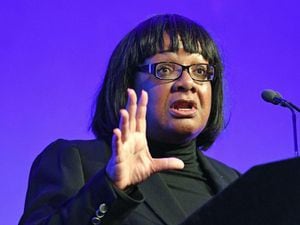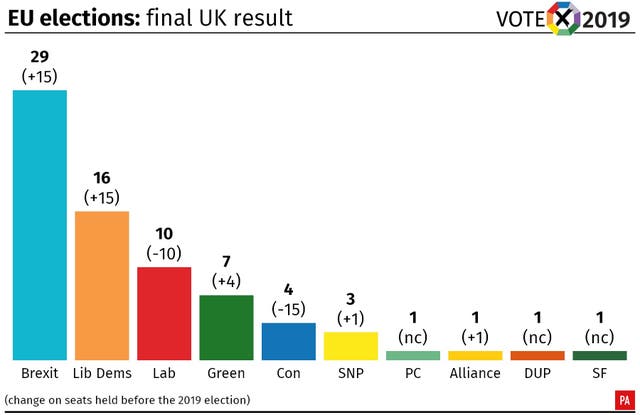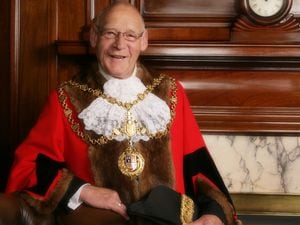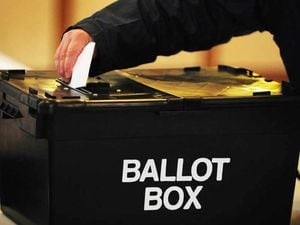Labour moving towards clearer line on Brexit, Diane Abbott insists
The claim came as calls for the party to fully throw its weight behind a so-called People’s Vote intensified.

Labour is moving towards a “clearer line” on Brexit, Diane Abbott has insisted, amid a major challenge to the party’s policy in the wake of heavy European election losses.
The shadow home secretary said there was “no inherent contradiction” between respecting the result of the 2016 referendum and having another poll, as calls for the party to fully throw its weight behind a so-called People’s Vote intensified.
Labour deputy Tom Watson, shadow chancellor John McDonnell and shadow Brexit secretary Sir Keir Starmer have all called for a shift in stance to back a second referendum over Jeremy Corbyn’s preference for a general election.
Ms Abbott told BBC Radio 4’s Today programme Labour was “moving towards a clearer line”.
“Now, at minutes to midnight on these negotiations, the Tories plunged into their leadership contest so we get no sense out of them for a few months, we think it’s important to foreground the People’s Vote.”
She added: “There is no inherent contradiction between respecting the result of the referendum and having a People’s Vote, not least because it’s still not sure how a People’s Vote would pan out.
“I’ve always argued that it’s perfectly possible that Leave would win again but we’re supporting a People’s Vote strongly now because it’s the right thing to do and it’s the democratic thing to do.”
She went on: “Our position is that ideally we want a general election – if we can’t get a general election in time, we would support a People’s Vote.”
It comes as outgoing Prime Minister Theresa May makes her final trip to a European summit in Brussels and the UK’s 73 newly-elected MEPs will also travel to Brussels to begin negotiations to form political groups.
Mr Watson was among members of Mr Corbyn’s shadow cabinet calling for him to change tack and move away from his compromise position on Brexit, which seemed to have been punished by voters leaving the official opposition in third place.
“We’ve lost many hundreds of thousands, if not millions of potential votes in that election because we got it wrong,” he told the BBC.
“The time is now to show some humility, to listen and to move very, very quickly.”

Mr McDonnell also moved to corner his boss, alongside Ms Abbott, saying Labour should back Remain in another poll.
He said: “We’re saying quite clearly if there can be a deal, great, but it needs to go back to the people.
“If it’s a no deal we’ve got to block it and the one way of doing that is going back to the people and arguing the case against it because it could be catastrophic for our economy.”
Sir Keir also added a call for another referendum, leading Mr Corbyn to say he was “listening very carefully” to the views of members and trade unions.
The Labour leader inched closer than ever before to a so-called People’s Vote, saying any Brexit deal “has to be put to a public vote” rather than simply being an option on the table.
Former prime minister Tony Blair said he had voted Labour “without great enthusiasm” as he pushed for the party to throw its weight behind a referendum.
He said Mr Corbyn “has got to come to a clear position”, telling Sky News: “The one that is very obvious is that both party leaderships have made the same mistake, which is to think that it’s possible to sit on the fence on Europe and appeal to both sides.
“What the European elections show you is that isn’t possible.”
Mrs May will also be admitting defeat for her attempts at compromise as she meets European Council president Donald Tusk before an informal dinner with EU member states’ leaders.
Leaders will discuss the outcome of the vote – which saw the traditional blocs broken up by a surge in support for Greens, nationalists and liberals – and they will begin the nomination process for the heads of the EU institutions.
UK MEPs will be looking for potential partners to form a group in the European Parliament and need to find a minimum of 25 members from at least one-quarter of the member states.





